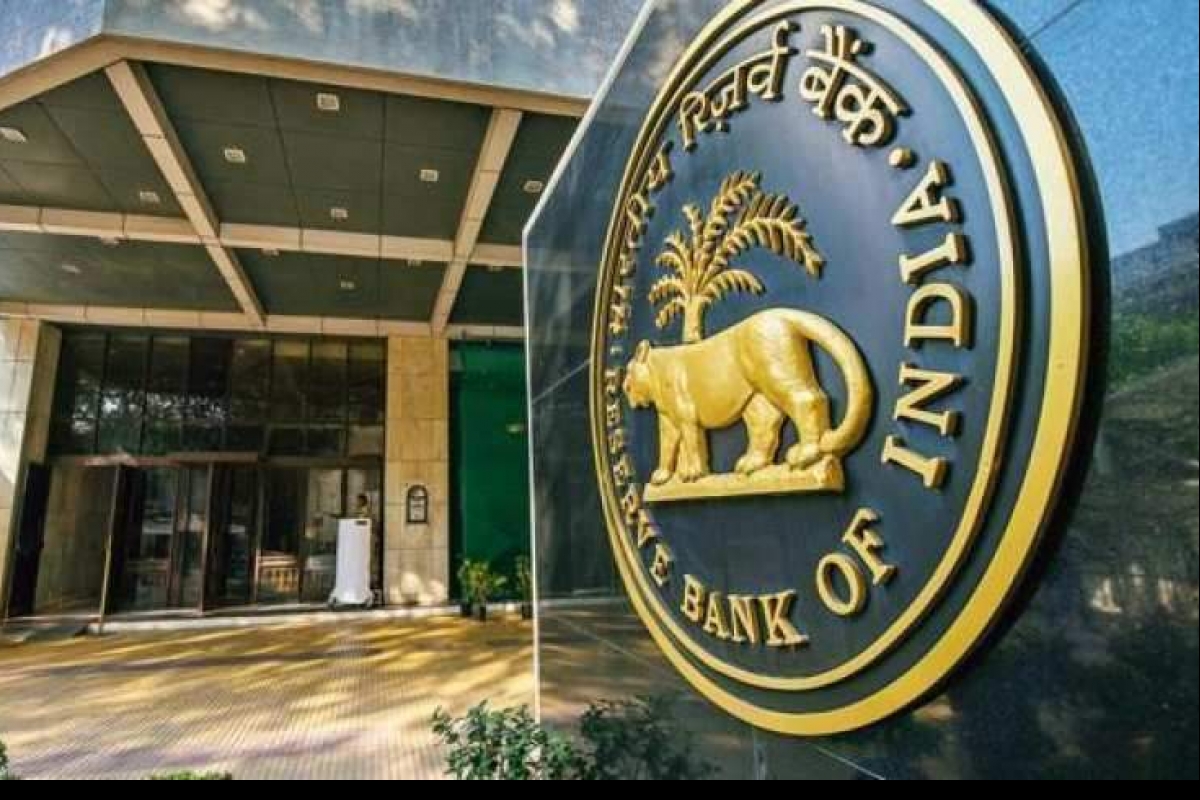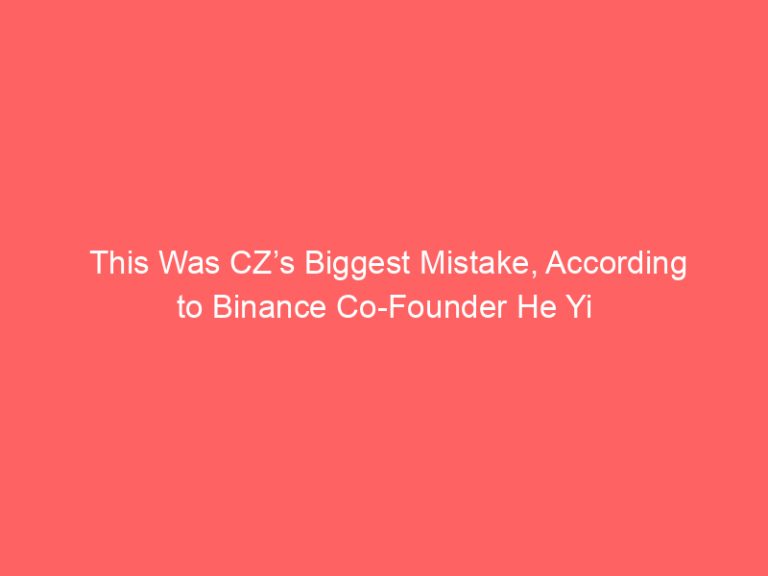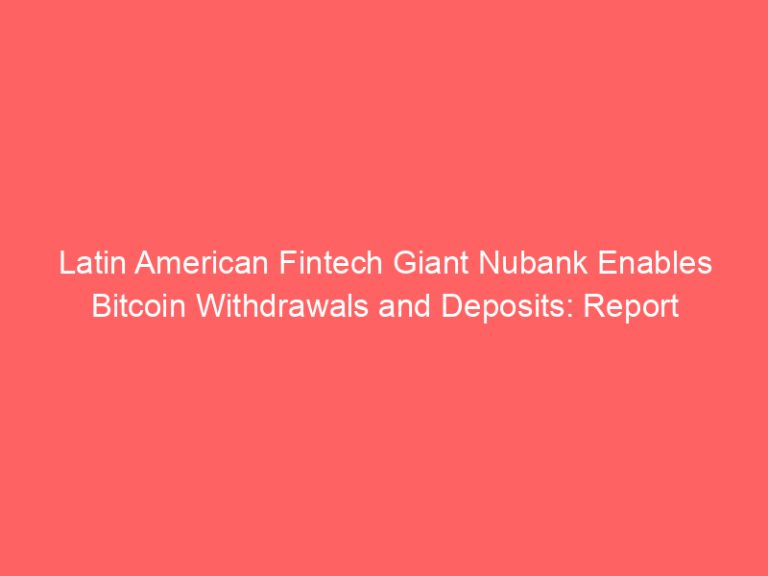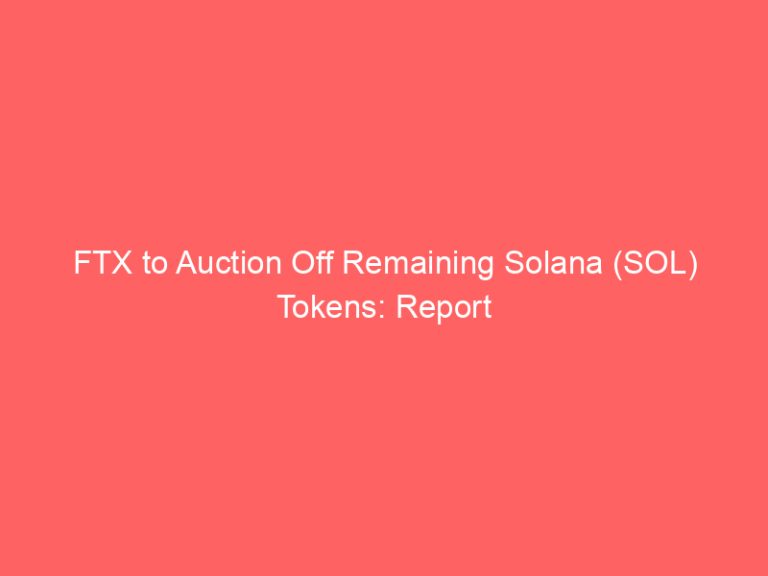

Cryptocurrencies primarily use a distributed ledger technology called blockchain. Blockchain is fast gaining acceptance in areas such as identity management, smart contracts, supply chain management, etc.
The World Economic Forum reports and surveys indicate that blockchain expertise appears to be the fastest-growing skill requirement opening up a huge career opportunity for professionals connected with this ecosystem. Due to multiplicity of potential innovative applications, there are many areas of career and livelihood options emerging such as blockchain developers, solution architects, designers, project monitoring professionals, quality control engineers, etc.
Also Read: Bitcoin carnage | Everything that happened in the cryptocurrency world this week
Most popular cryptocurrency exchanges in India: Check out
Bitcoin Pizza Day 2021: Some interesting facts about this special cryptocurrency day
Here’s why China intensified crackdown on cryptocurrencies despite being world’s largest mining hub
In addition, the use case scenarios of blockchain is opening new doors for professionals in finance, accounting, marketing, legal, analysts, crypto brokers, ICO advisers, crypto journalists, and so on.
Blockchain, therefore, is one of the fastest-emerging technology that any country cannot ignore. Considering that India has been home to the tech ecosystem in the past few decades, this technology is a bus we cannot miss. Given the potential that it holds, India is certainly well positioned to move quickly on monetising and leveraging opportunities that this technology offers. It is pertinent to note that a token platform founded by three Indians that was built around the Ethereum blockchain today enjoys a market capitalisation around US $13 billion.
Cryptocurrency is one of the most prominent and talked about use case that utilises blockchain technology. The global user base increased by 190 percent between 2018 and 2020 with over 200 million, recently culminating in total cryptocurrency market cap of around $2 trillion in April. While there is no surveyed data on how many Indians hold and deal in cryptocurrencies, if one looks at the trades happening at Indian cryptocurrency exchanges it is estimated that about 15 million Indians may hold cryptocurrencies today. It is also estimated that the holding is valued at around Rs 15,000 crore, with monthly trade volumes in the region of around Rs 60,000 crore.
The volatility and decentralised nature of cryptocurrency has often raised questions in the minds of the government and regulator on India’s readiness to adopt this emerging trend. There have been several cautionary notices issued by the Reserve Bank of India (RBI) over the years that essentially discouraged banks and individuals from even dipping their toes in the pool called cryptocurrency.
Back in 2018, this led to a ban on cryptocurrency by the RBI which was later repealed in 2020 by the Supreme Court granting the industry the much-required relief that it had been waiting for. The government definitely needs handholding and support from the industry on how to deal with this complex, yet promising, emerging technology. There are legitimate concerns at the RBI as well as in government which have to be addressed by offering practical solutions that address their concerns.
A detailed set of recommendations along with a whitepaper was recently submitted to the government by IndiaTech.org, an Internet start-up industry association. The basic step to address most of the concerns is for India to stop treating cryptocurrency as a currency and accord it recognition as a digital asset, thereby taking away the fear and uncertainty around it being a competing currency.
Introducing a system of registering Indian cryptocurrency exchanges with FDI limits akin to banks and granting them recognition by establishing checks and balances, mandatory KYC of all cryptocurrency holders, notifying accounting standards for proper accounting and disclosure through bodies like the Chartered Accountants/Cost Accountants, etc. are some of the recommendations made.
The recommendations also prescribe solutions around aspects such as anti-money laundering, taxation, traceability, disclosure, imports-linked with Harmonised System codes, prescribing limits, source disclosures, etc. By doing so, India will save billions of dollars of revenues that may be payable to foreign exchanges.
With the right checks and balances, combined with the fast-growing Indian consumer Internet economy, India can also become a home to blockchain innovations that could drive India faster towards a $10 trillion economy, similar to the IT and ITES boom that led us this far. This will also allow Indians to participate in promising new wealth creation and investment opportunities.

















+ There are no comments
Add yours